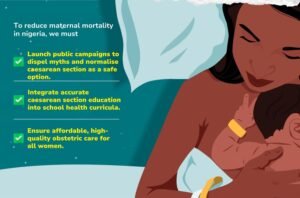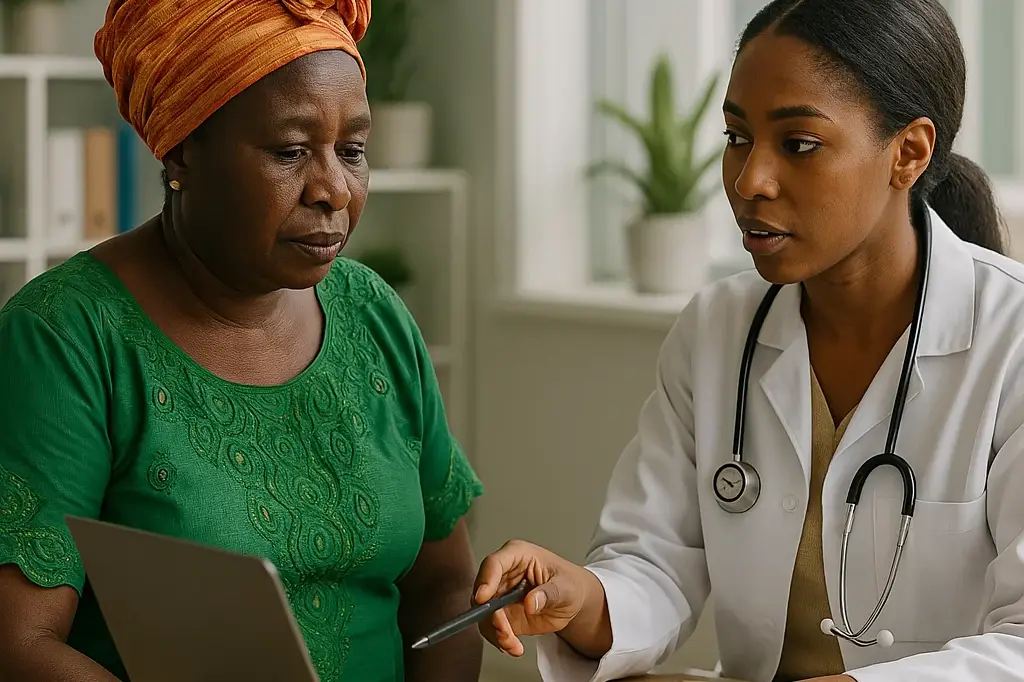No woman should have to choose between her life and societal expectations.
Yet, in many communities across Nigeria, caesarean sections (CS) are shrouded in stigma—seen as a sign of weakness rather than a lifesaving medical procedure.
For too many women, the decision to undergo a caesarean section is more than just a medical decision.
It also has significant social and cultural ramifications for the mother.
Studies have shown that fear, lack of spousal consent, and misinformation contribute to its underutilisation, even when medically necessary.
In some communities, women who undergo CS face guilt, suspicion, and even ridicule, believing it to be unnatural or dangerous.
Others are pressured into avoiding it altogether, despite the risks.

But here is the truth:
👉 CS is not a failure—it is a medical intervention that saves lives.
👉 For pregnancies complicated by breech positions, obstructed labour, or foetal distress, a CS can mean the difference between life and loss.
👉 Despite its necessary benefits, it remains inaccessible to many women—not just due to stigma, but also poverty and a lack of access to facility-based births.
If we are serious about reducing maternal mortality, we must address both perception and access.
A woman’s strength is not defined by how she gives birth, but by her resilience, her choices, and her right to survive childbirth without fear or judgment.
It is time we rewrite the narrative—because saving lives should never be a subject of shame.



